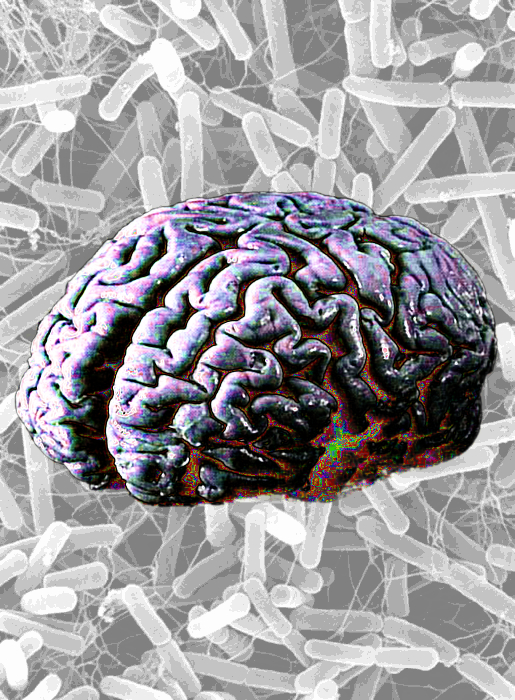Fear found in gut-brain link
 Scientists have linked gut bacteria to anxiety disorders – bringing new meaning to the term ‘butterflies in the stomach’.
Scientists have linked gut bacteria to anxiety disorders – bringing new meaning to the term ‘butterflies in the stomach’.
Irish researchers have discovered that the microbiome - the trillions of internal bacteria that allow us to live - plays a role in regulating fear responses.
They found that mice born and raised in a microbe-free environment had significantly blunted fear responses.
Fear is an evolved response for dealing with impending threats, which is tightly regulated by the amygdala - the brain’s emotional centre.
Crucially, the amygdala was found to be hyperactive in the microbiota-deficient animals, suggesting the microbiome is critical for forming and regulating normal responses.
“It is just the start; we are now searching for strategies to target the microbiome to generate novel efficacious treatments for anxiety disorders such as PTSD,” said researcher Dr Gerard Clarke.
The latest finding adds to the growing mounds of evidence that gut bacteria influence brain function and behaviour.
“It is turning upside down how we might develop strategies for fear and anxiety. It is a very exciting time for us” said researcher John F Cryan from University College Cork.
“Fear is the catchword here because people don’t realise how salient fear responses are — what makes us afraid.”
The study does not weigh in on the actual mechanisms that drive the relationship between the microbiota and fear responses, but Prof Cryan suspects signals from the gut to the brain help regulate the fear response.
“We are very excited about this because it is probably one of the first direct links to fear pathways,” said Prof Cryan.
“We now know that for normal fear responses we need to have appropriate microbes in our gut.”
It also adds to the growing field of psychobiotics – which focuses on the intimate connections between population of microbes living in the gut and people’s brain health and state of mind.








 Print
Print